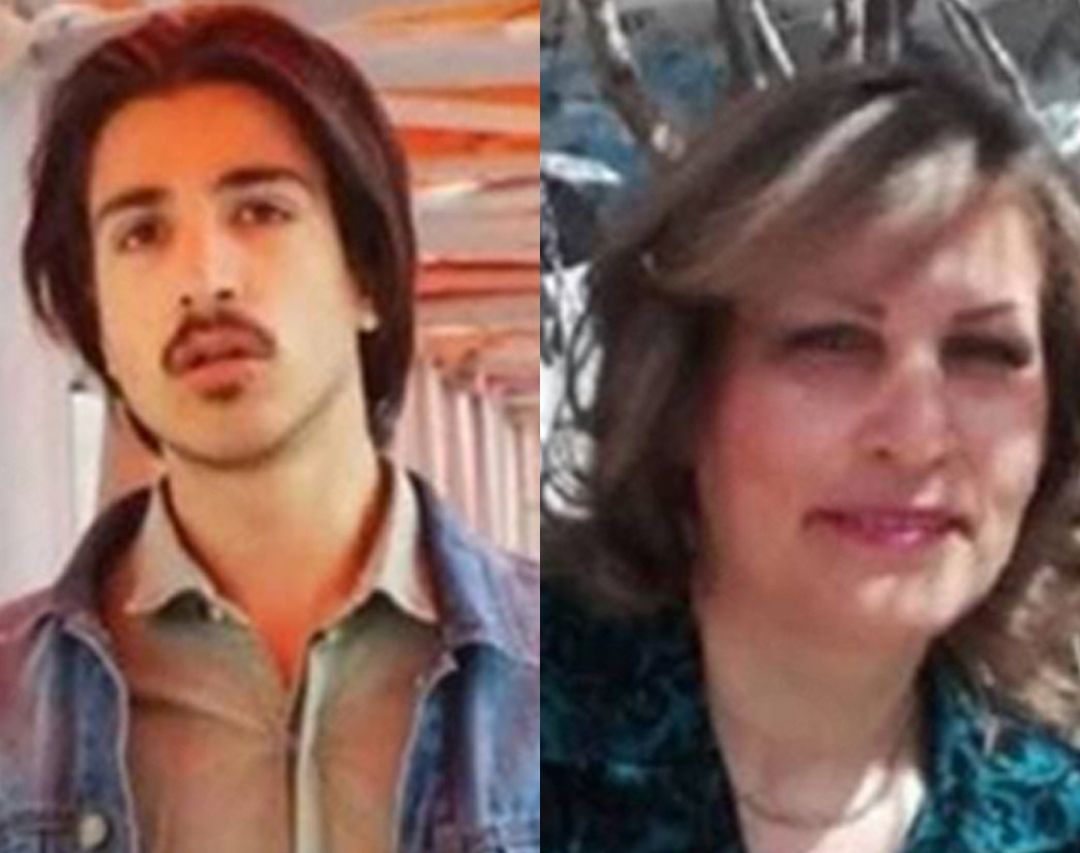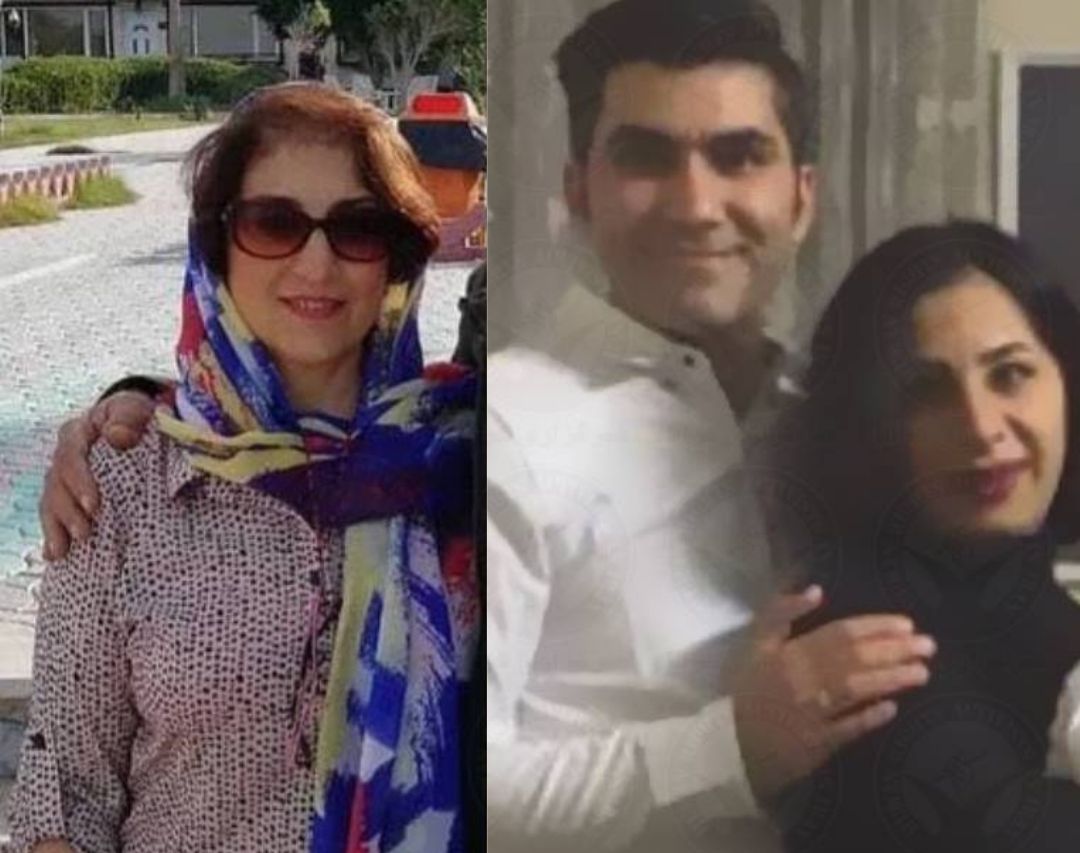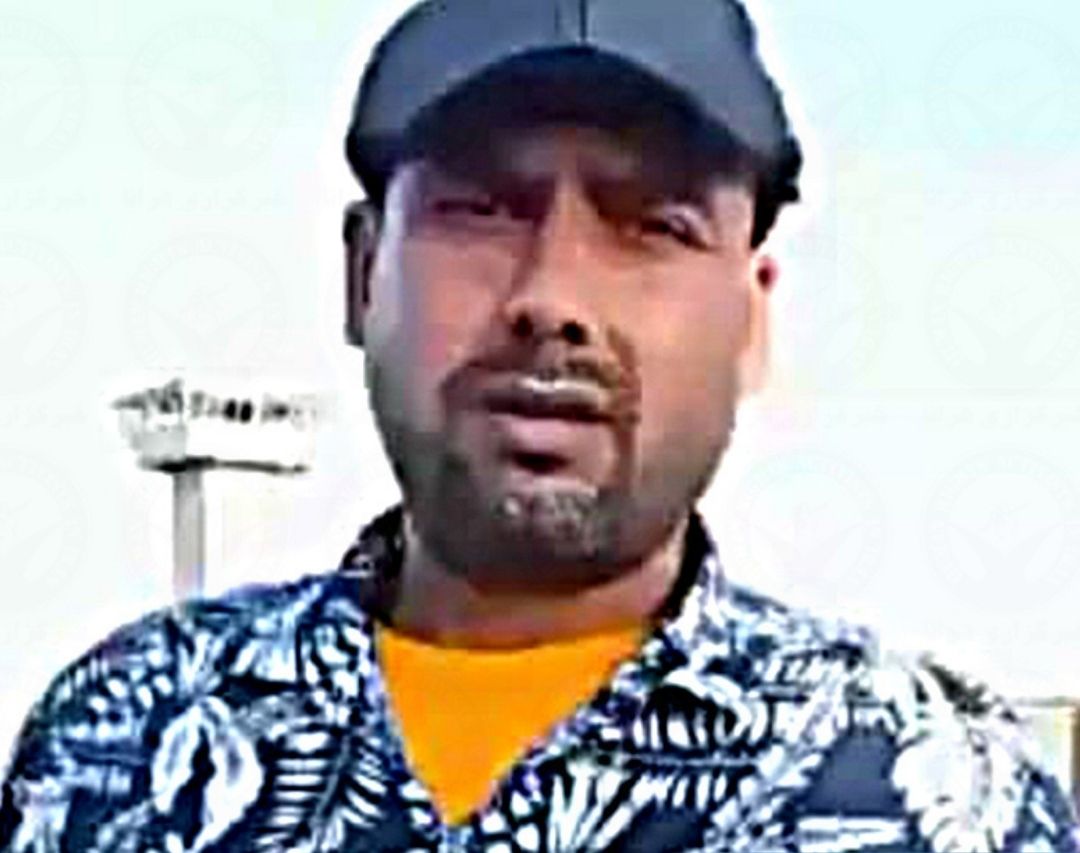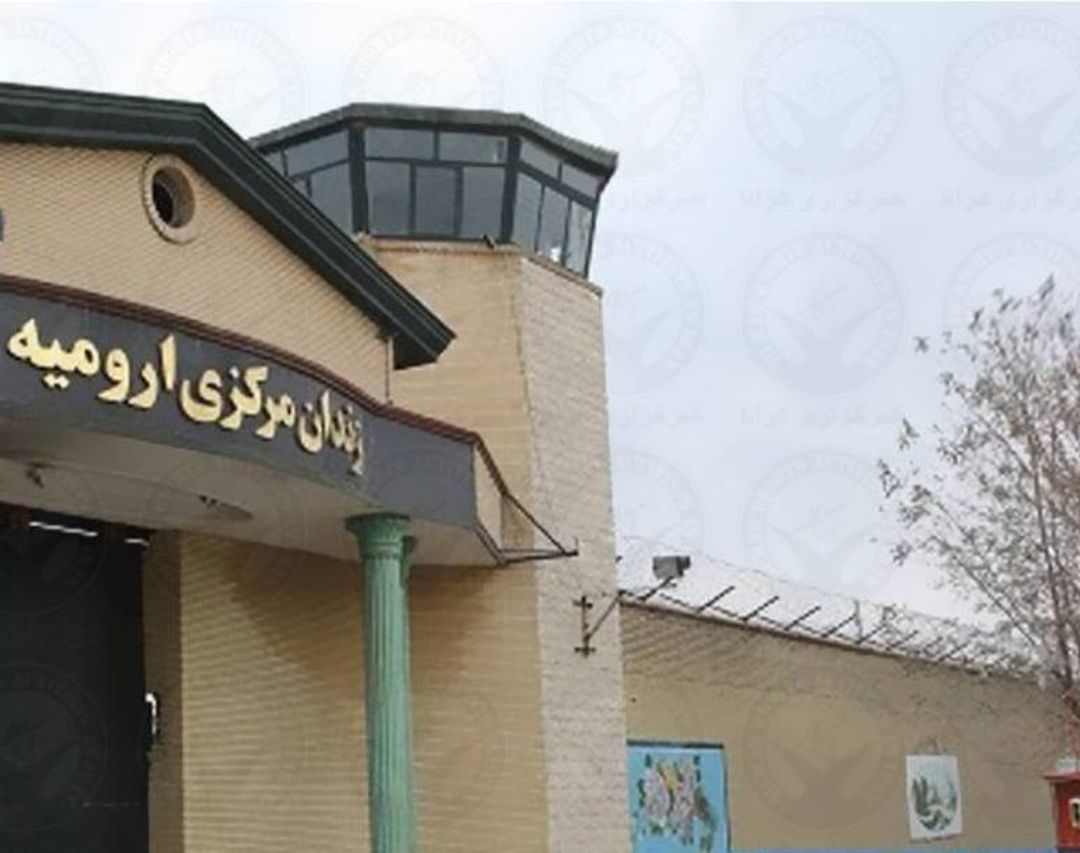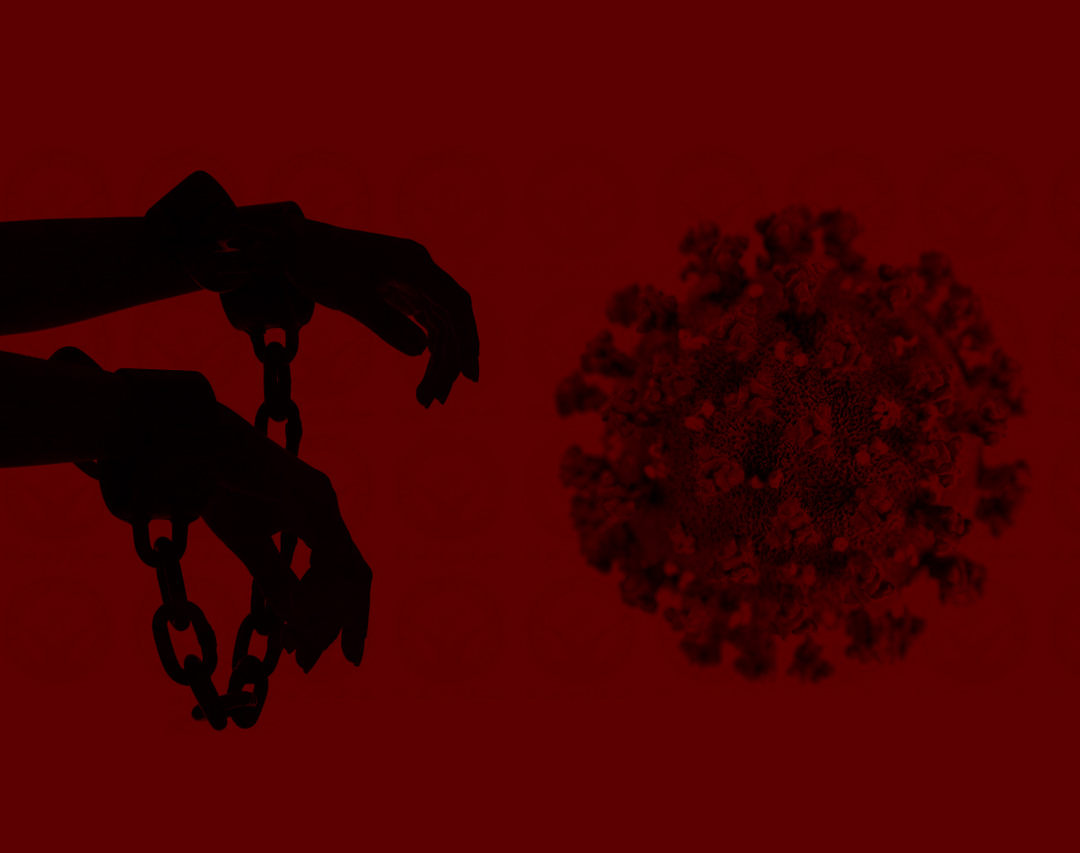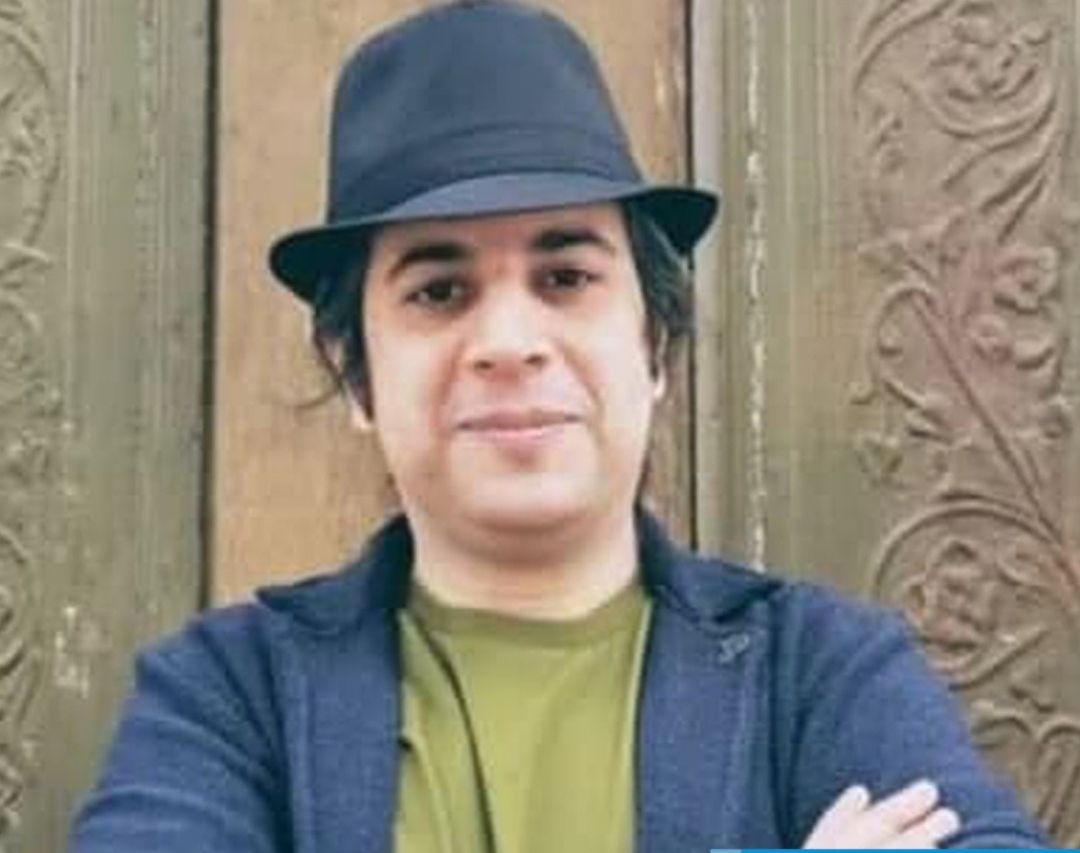Baha’i citizens Soroush Abadi and Kiana Shoaei, both residents of Shiraz, were sentenced to imprisonment and banned from leaving the country.
According to HRANA, the news agency of Human Rights Activists, Branch 1 of the Revolutionary Court of Shiraz, presided by Judges Mahmoud Sadati sentenced Mr. Abadi, and Ms. Shoaei each one to 31 months and 16 days in prison and a 2-year ban from leaving the country on the charge of membership in anti-regime groups with the intention of disrupting country’s security, and to Seven months and 16 days in prison on the charge of propaganda activities against the regime in cyberspace.
If the sentences are upheld by the appeal court, after the application of Article 134 of the Islamic Penal Code, the most severe punishment of 31 months and 16 days of imprisonment will apply to Mr. Abadi and Ms. Shoaei.
Ms. Shoaei’s 5 years imprisonment sentence will be reduced to 30 months, but she will have to check in and report her presence to the Shiraz Intelligence Office every month. Kiana Shoaei and Soroush Abadi, along with Farzan Masoumi, were arrested by Ministry of Intelligence agents in October 2019.
According to unofficial sources, it is estimated that more than 300,000 Baha’is live in Iran, but the Iranian constitution recognizes only Islam, Christianity, Judaism, and Zoroastrianism. Because their faith is not considered legitimate by authorities, the rights of Baha’is in Iran have been systematically violated for years.
This deprivation of the freedom to practice their religion is a breach of Article 18 of the Universal Declaration of Human Rights, and Article 18 of the International Covenant on Civil and Political Rights. The United Nations covenant holds that every person has the right to freedom of religion, freedom of converting religion, as well as freedom of expression, individually or collectively; openly or secretly.





